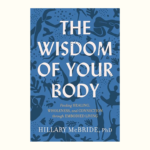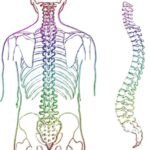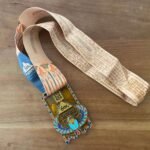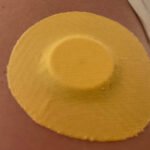More Better Quality Sleep = Better Diabetes Control
The content of the HealingT1D website is for educational and information purposes only. It does not contain medical advice. The contents of this website are not intended to substitute for professional medical advice, diagnosis or treatment. Please always consult with your doctor, physician, or other qualified healthcare professional before making any adjustments to your routine or healthcare regime. HealingT1D and all associated with it will not be held liable for any risks or issues associated with using or acting upon the information on this site.
Ah, the elixir of sleep! Like the majority of people I know, I want more of it and better quality too! I think sleep has become particularly prominent in my mind recently because I have just had the fun of crossing timezones to go on holiday. Whilst I had a lovely time away, I am now left juggling the resulting jet lag. I just wish I could be asleep right now!!
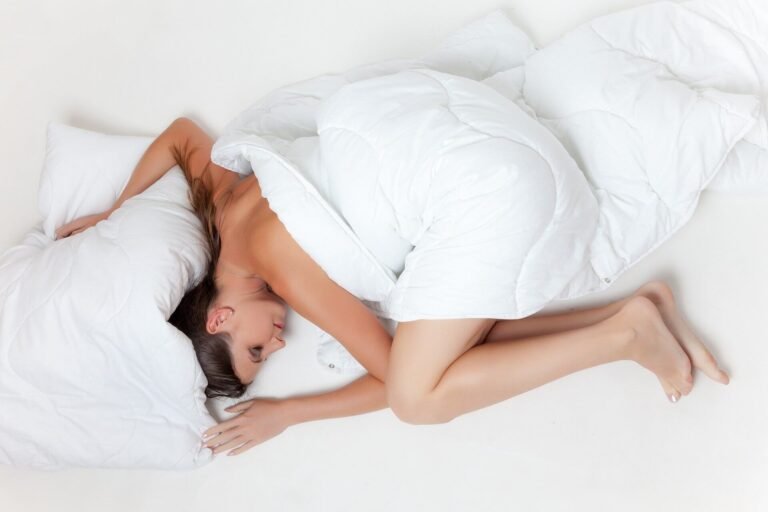
Lack of Sleep Decrease Insulin Sensitivity in Type 1 Diabetes
I’ve seen this happen SO many times… I’ve had a good night out with friends and stayed up pretty late. I’ve given my night-time injection as usual and, in the morning, WHAM! High blood sugars. I followed all the rules but it just didn’t work. It sucks. So I’m fighting high blood sugars for several hours as well as feeling more-than-just-a-bit tired from my night out. What gives?!
It turns out that reduced insulin sensitivity after a poor night’s sleep is an expected physiological phenomenon. For example, having just one night of four hours of sleep (between 1am and 5am) results in a decrease in insulin sensitivity of between 14-21% the next day! [1] So, after a night out, my average total daily dose of 18.2 units would need to increase to 20.7-22.0 units!
Similarly, one single night of no sleep (hello new parents!!) results in MORE insulin resistance than eating a high-fat diet for SIX MONTHS!! [2] These effects also seem to be cumulative, with insulin resistance also found to be significantly increased over longer periods of time with reduced sleep. [3]
This increased insulin requirement is, of course, not uniform. I cannot sit down the morning-after-the-night-before and know for sure that if I increase all of my insulin levels by, say, 14% my blood sugars will be spot-on. What is more likely to happen is that my blood sugars will swing about for most of the day as I try to guess my insulin ratios. This will then set off a cycle of under- and over-correcting that is likely to further increase my overall insulin dose, beyond the initial 14%, for that day.
In short, my blood glucose levels are likely to be doing this (minus the fun!)…!!
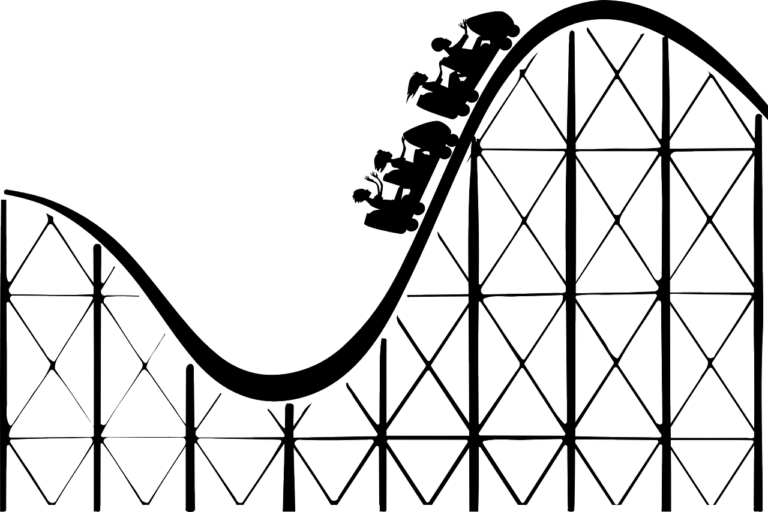
Sleep And Inflammation
Multiple experimental studies have highlighted the link between sleep loss and mediators of inflammation. These mediators, known as cytokines, are secreted by cells of the immune system and are responsible for regulating levels of inflammation in the human body.
Levels of cytokines rise in the bloodstream following sleep deprivation, as demonstrated in both sleep deprivation studies (no sleep) and also in reduced sleep studies (for example, sleeping between 25-50% of the normal sleep requirement) [4]. Whilst these studies indicate that the changes in the levels of basal inflammatory cytokines are subclinical (i.e. not dramatically huge), I believe that these shifts are still likely to contribute to the overall level of chronic inflammation in my diabetic body (see my post on allostatic load for an explanation on how I understand the mechanism by which inflammation builds up in my system).
Circadian Rhythms Impact The Immune System
Human bodies function on a circadian rhythm. ‘Circadian rhythm’ is the term used to describe your body’s natural sleep-wake cycle. During any 24-hour period, you are likely to experience times when your body requires sleep more than others. Over time, with a regular sleeping schedule, your body’s circadian rhythm will match the sleep/wake cycle that you have and you will feel more alert and awake during your days. Here, then, regularity in the cycle is key.
The link between circadian rhythms and the immune system is discussed in detail in this post by the Sleep Doctor. To summarise, he highlights how, when sleep is irregular or less than the body requires, it disrupts circadian rhythms, which as a knock-on effect on the immune system. [5]

Not All Sleep Is Created Equal…?
But what time should this cycle take place? I know I’ve certainly heard of the night owl and the morning lark (and also the joke about the alternative option of the permanently exhausted pigeon!!). I’ve always thought of myself as a night owl. In my ideal world, I’d like to be up late and have a good ol’ lie-in every morning, at least beyond all those horrible single-digit hours!! But is that actually good for me?
Sleep quality changes as the night progresses. In the first part of the night, usually from 8pm to midnight, sleep is likely to consist mostly of the deep, restorative sleep known as ‘non-REM sleep’ [6].
In the latter part of the night, REM sleep then dominates. It appears that the switch from mostly non-REM sleep to mostly REM sleep happens at a set time of night, in the early hours of the morning, independent of the time you went to bed. So, for a night owl like me, I am likely to have more REM-heavy sleep, which is not as deep as non-REM sleep. The following morning, I will not feel as refreshed as I could be. So getting to sleep earlier is crucial.
How Can I Improve My Sleep?
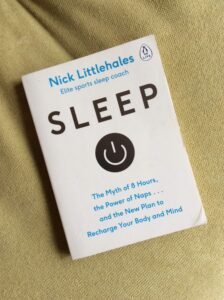 Sleep by Nick Littlehales is a powerhouse of information on how to improve your sleep. It is written by Nick Littlehales, a sleep expert who coaches a variety of top-class athletes and footballers, including Olympians and members of the Premier League, on how to sleep effectively.
Sleep by Nick Littlehales is a powerhouse of information on how to improve your sleep. It is written by Nick Littlehales, a sleep expert who coaches a variety of top-class athletes and footballers, including Olympians and members of the Premier League, on how to sleep effectively.
It appears that preparation is the key to effective sleep! Nick Littlehales goes into great detail (in a short and easy-to-read 177 pages!) on all aspects of sleep and how to optimise it. He includes details on:
- The importance of pre- and post-sleep routines: how to prepare well for it and ‘recover’ from it for optimal functioning in your day.
- The importance of a regular sleep schedule.
- How to prepare your sleep environment (what he terms ‘the Recovery Room’!) for better quality sleep
- How to work out the amount of sleep your body actually needs to be effective
I have just started implementing Nick Littlehales’ recommendations into my life and I am already seeing a dramatic increase in my readiness to sleep at night and the increased level to which I feel restored in the morning.
The Effects Of Blue Light On Sleep
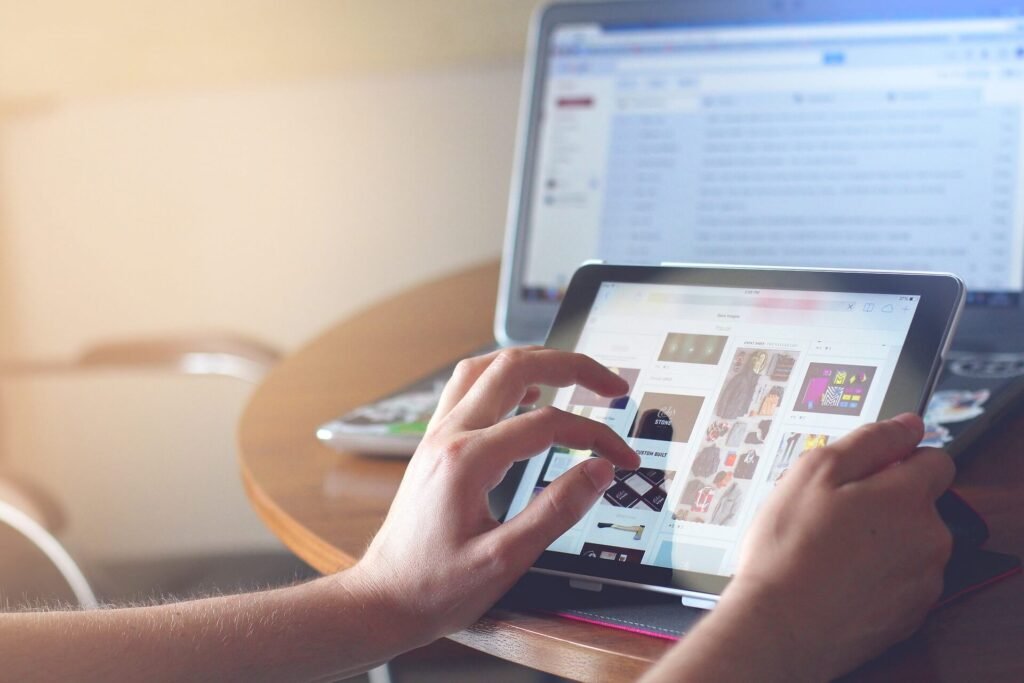
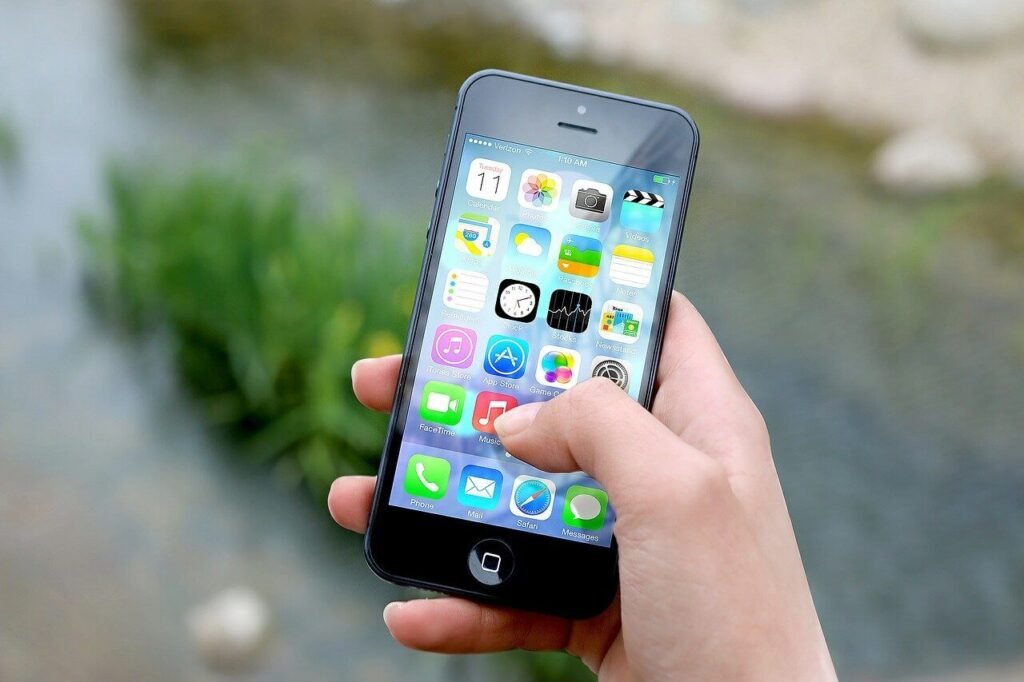
The Effects Of Blue Light From Technology May Be Disruptive To Sleep
Blue light is bad for sleep. We shouldn’t be using our phones or laptops or Apple watches or iPads or anything else that emits ‘blue light’ anywhere near when we want to fall asleep. This fact has almost become myth in today’s society and is cited widely (see here, here and here for just a few examples).
Is it true? Well, the jury seems to be out on this one. Manchester University has recently demonstrated that blue light may not actually be as bad for us as today’s myth suggests [8]. In fact, the researchers from this study suggest that blue light may in fact be more beneficial for our sleep than the bright, warmer-coloured lights that are normally used in households.
However, in this study, the light was controlled for brightness, such that the colour of the lighting was changed from yellow to blue without affecting its brightness. I wonder if, for electronics that tend to have bright lights with a blue tone, it is in fact the brightness, rather than the colour, that has the impact.
Whilst the jury may be out in the research world, I know for certain that on the evenings when I have not used any electronics – perhaps just read a book – my mind is not buzzing and I fall asleep much more quickly. So, for me, gadgetry has to go in the last few hours of my day.
Bonus Tip: Sleep Naked!

As I wandered through the literature on sleep and Type 1 Diabetes, I was surprised to find several references to the benefits of sleeping naked!
1. Sleeping Naked Promotes Sleep Quality
Reduced cortisol also reduces both inflammation and insulin resistance [10], which will decrease my overall need for insulin further.
2. Sleeping Naked Helps You Lose Weight
In a study conducted by the National Institutes of Health [11], it was found that decreased room temperature when sleeping (which can also be achieved by removing clothing!) led to an increase in brown fat and a decrease in white fat in the study participants. Brown fat keeps your body warm by boosting the metabolism. This increase in your metabolism lasts all day and therefore helps burn more calories!
So it looks like I’m going to be experimenting with sleeping in the buff from now on!!

References
- Donga, E., van Dijk, M., van Dijk, J. G., et al. (2010). Partial Sleep Restriction Decreases Insulin Sensitivity in Type 1 Diabetes. Diabetes Care, 33(7), 1573-1577. [Article]
- Obesity Society (2015). One Night of Poor Sleep Could Equal Six Months on a High-Fat Diet, Study Shows. Retrieved 21st February 2020 from the World Wide Web: https://www.newswise.com/articles/one-night-of-poor-sleep-could-equal-six-months-on-a-high-fat-diet-study-shows.
- Buxton, O. M., Pavlova, M., Reid, E. W., et al. (2010). Sleep Restriction for 1 Week Reduces Insulin Sensitivity in Healthy Men. Diabetes, 59(9), 2126-2133. [Article]
- Mullington, J. M., Simpson, N. S., Meier-Ewert, H. K., and Haack, M. (2010). Sleep Loss and Inflammation. Best Pract Res Clin Endocrinol Metab, 24(5), 775-784. [Article]
- Comas, M., Gordon, C. J., Oliver, B. G., et al. (2017). A circadian based inflammatory response – implications for respiratory disease and treatment. Sleep Science and Practice, 1(18). [Article]
- Heid, M. (2017). What’s the Best Time to Sleep? You Asked. Retrieved 22nd February 2020 from the World Wide Web: https://time.com/3183183/best-time-to-sleep/
- Littlehales, N. (2016). Sleep. London: Penguin Random House UK. [Link]
- Mouland, J. W., Martial, F., Watson, A., et al. (2019). Cones Support Alignment to an Inconsistent World by Suppressing Mouse Circadian Responses to the Blue Colors Associated with Twilight. Current Biology, 29(24), 4260-4267. [Article]
- Bradberry, T. (2016). 4 Reasons Sleeping Naked Makes You Healthier And Wealthier. Retrieved 21st February 2020 from the World Wide Web: https://www.forbes.com/sites/travisbradberry/ 2016/09/13/4-reasons-sleeping-naked-makes-you-healthier-and-wealthier/#4c9f2fb969b4
- Holmang, A., and Bjorntorp, P. (1992). The effects of cortisol on insulin sensitivity in muscle. Acta Physiol Scand, 144(4), 425-431. [Article]
- Lee, P., Smith, S., Linderman, J., et al. (2014). Temperature-acclimated brown adipose tissue modulates insulin sensitivity in humans. Diabetes, 63(11), 3686-3698. [Article]
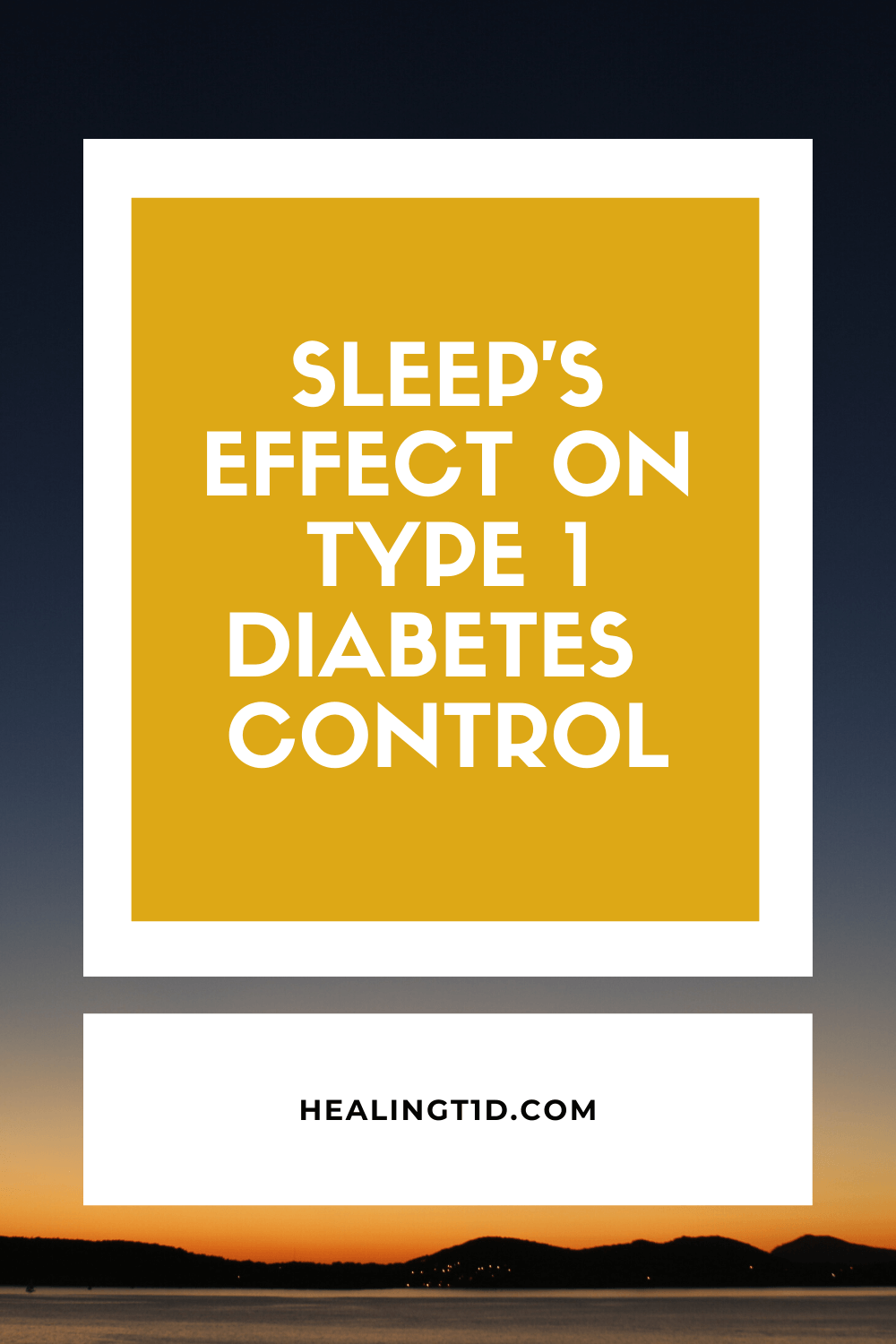
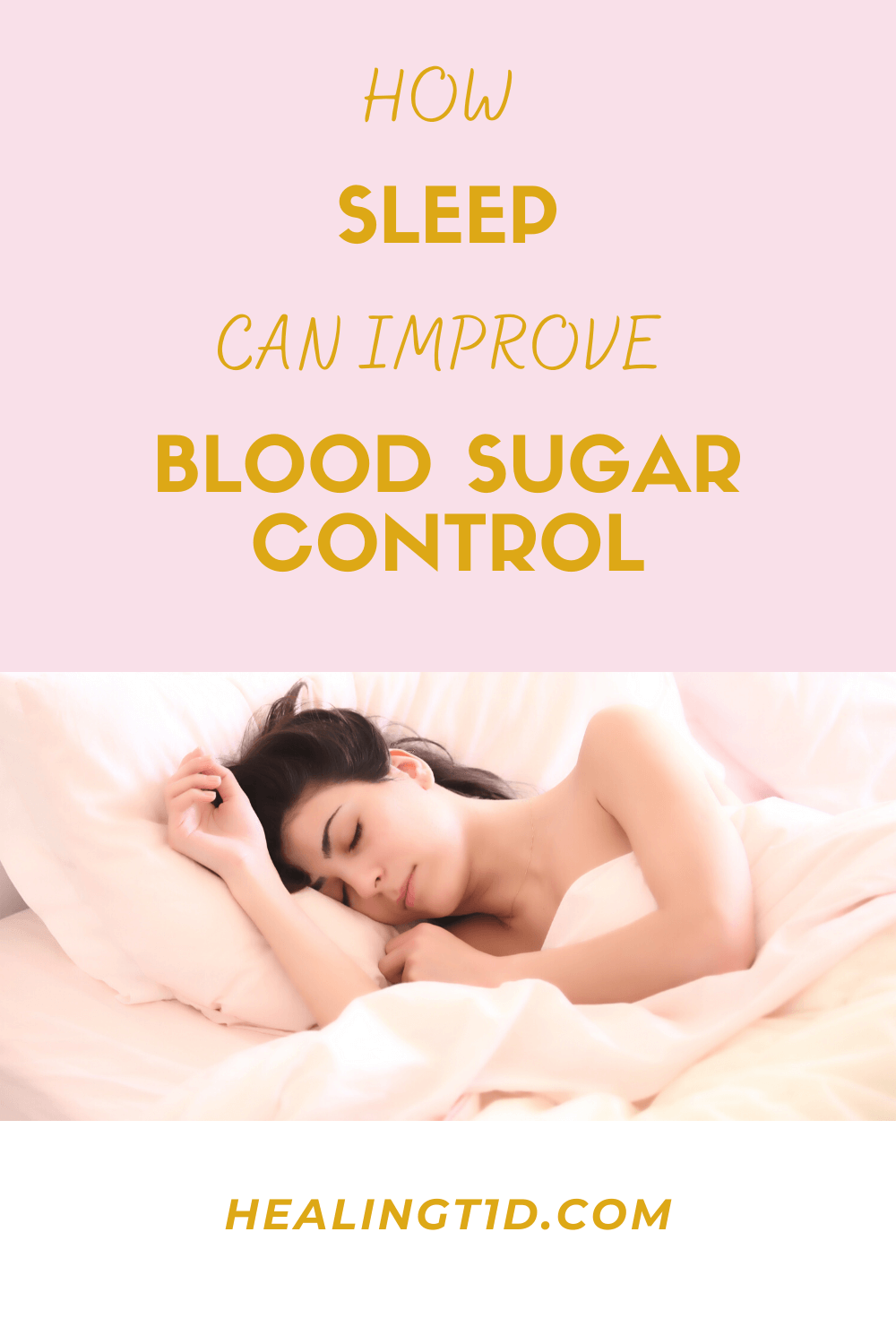
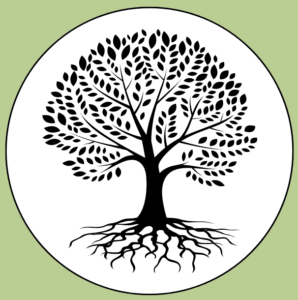
GET HEALINGT1D’S FUTURE ARTICLES IN YOUR INBOX!
Get the latest musings and findings straight to your email inbox.

Natalie is a blogger with Type 1 Diabetes. Natalie's special gifts are questioning the status quo and being a rebel. She is using these gifts to question medical 'knowledge' and find a true cure for Type 1 Diabetes.
Recent Comments:
- latestModapks on Daniel Darkes
- Natalie Leader on Daniel Darkes
- Senna on Daniel Darkes
- Sandra on High Blood Pressure
- Natalie Leader on What Is Type 1 Diabetes REALLY?

